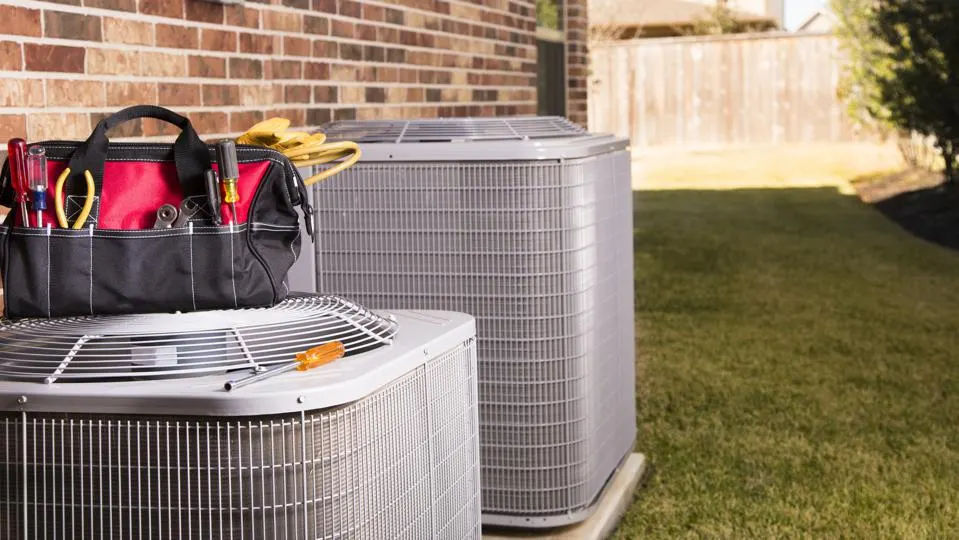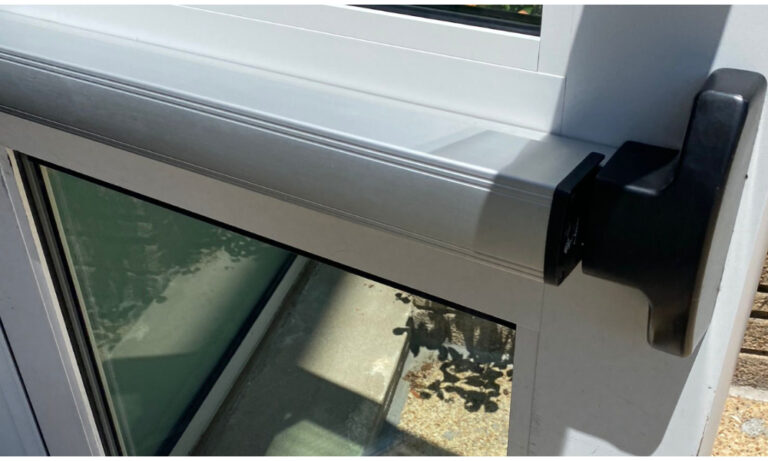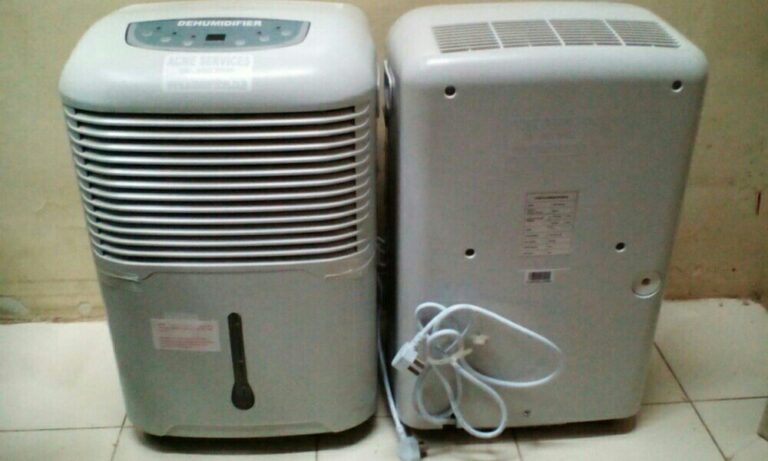
A well-maintained heating oil system ensures efficient performance, reduces energy costs, and prolongs the lifespan of your equipment. Regular maintenance can also help prevent unexpected breakdowns and costly repairs. Here are some essential maintenance tips to keep your domestic heating oil north wales running smoothly and efficiently.
1. Schedule Annual Professional Inspections
One of the most important steps in maintaining your heating oil system is scheduling an annual inspection by a professional technician. During this inspection, the technician will:
- Clean and inspect the burner and heat exchanger.
- Check and adjust the burner settings for optimal performance.
- Inspect the oil tank for signs of rust, leaks, or damage.
- Replace the oil filter and nozzle if necessary.
- Test the system’s efficiency and safety controls.
An annual inspection helps identify and address potential issues before they become major problems, ensuring your system operates efficiently throughout the heating season.
2. Replace the Oil Filter Regularly
The oil filter plays a crucial role in keeping your heating oil system running smoothly by trapping dirt and debris from the oil. Over time, the filter can become clogged, reducing the system’s efficiency and potentially causing damage. It’s recommended to replace the oil filter at least once a year, preferably at the beginning of the heating season, to ensure clean oil flows through your system.
3. Monitor the Oil Tank
Regularly inspecting your heating oil tank is essential for preventing leaks and ensuring a steady supply of heating oil. Here are some tips for monitoring your oil tank:
- Check the tank for signs of rust, corrosion, or damage.
- Ensure the tank is level and stable to prevent shifting or tipping.
- Inspect the fuel lines for leaks or wear.
- Keep the area around the tank clean and free of debris.
If you notice any signs of damage or leaks, contact a professional technician immediately to address the issue.
4. Bleed the Oil Burner
Air can sometimes get trapped in the fuel line, causing the burner to malfunction. Bleeding the oil burner removes trapped air and ensures the system operates efficiently. While this process can be done by homeowners, it’s recommended to have a professional technician perform it to avoid potential hazards.
5. Keep the System Clean
Dust and debris can accumulate on your heating oil system, reducing its efficiency and potentially causing damage. Regularly clean the exterior of the furnace or boiler, including the air vents and burner area. Additionally, keep the area around the system free of clutter to ensure proper airflow and reduce the risk of fire hazards.
6. Test the Thermostat
A properly functioning thermostat is essential for maintaining a comfortable temperature and efficient operation of your heating oil system. Test your thermostat regularly to ensure it accurately reflects the temperature in your home. If your thermostat is outdated, consider upgrading to a programmable or smart thermostat to enhance efficiency and control.
7. Check for Soot Buildup
Soot buildup in your heating oil system can reduce efficiency and indicate incomplete combustion. If you notice excessive soot around the burner or in the exhaust vent, contact a professional technician to clean the system and adjust the burner settings. Regular cleaning can prevent soot buildup and improve the system’s performance.
8. Monitor Oil Levels
Keeping an eye on your oil levels helps ensure you never run out of fuel, especially during the coldest months. Check the oil gauge regularly and schedule timely deliveries to maintain an adequate supply. Running out of oil can cause the system to shut down and may require a professional technician to restart it.
9. Insulate the Oil Tank
If your oil tank is located in an unheated area, such as a basement or garage, insulating the tank can help maintain the oil’s viscosity and prevent it from gelling in cold temperatures. Use an insulating jacket or blanket designed for oil tanks to keep the fuel at an optimal temperature.
10. Be Aware of Unusual Noises or Odours
Strange noises or odours coming from your heating oil system can indicate a problem. Listen for unusual sounds like banging, clanking, or hissing, and be aware of any unusual smells. If you notice anything out of the ordinary, contact a professional technician to diagnose and address the issue.
Conclusion
Regular maintenance of your heating oil system is essential for ensuring efficient operation, reducing energy costs, and extending the lifespan of your equipment. By following these maintenance tips and scheduling annual professional inspections, you can keep your heating oil system running smoothly and efficiently throughout the heating season. Stay proactive with your maintenance efforts to enjoy a warm and comfortable home all winter long.





